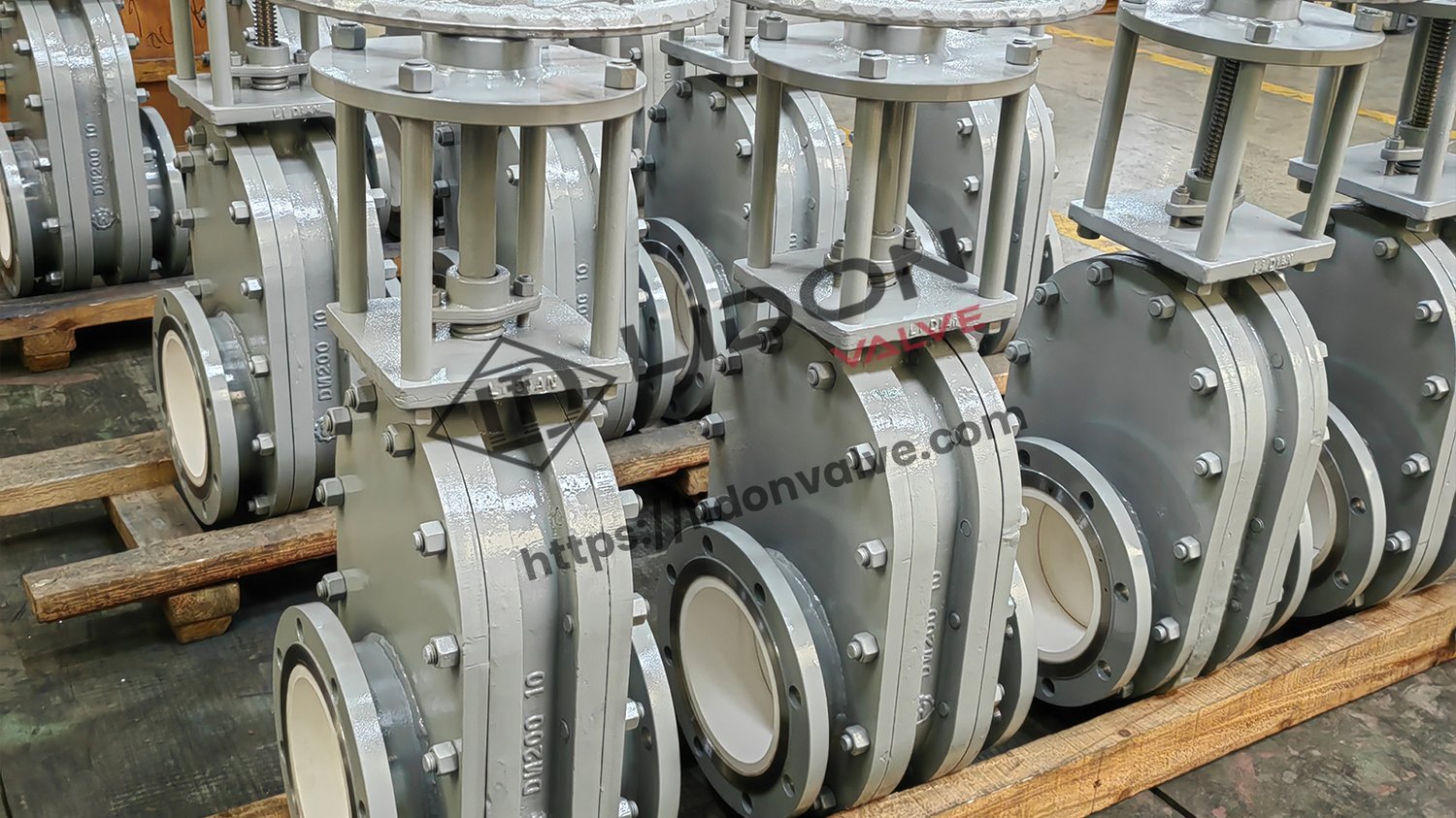Why Is the Discharge Valve Important?
The discharge valve is a crucial component of any pump system. The valve is responsible for releasing the pressure that builds up from the liquid or gas being pumped. Without the discharge valve, the pressure would continue to increase until the pump system fails. So, What happens if the discharge valve is not open? during operation?
1. Overheating
When the discharge valve is not open, the liquid or gas being pumped cannot escape, which causes the pressure to increase. This increased pressure causes a build-up of heat within the system, which can lead to overheating. Overheating can cause the pump to fail, damage seals, and other critical components. In severe cases, this can even lead to a catastrophic failure of the entire system.
2. Reduced Efficiency
The discharge valve is essential for maintaining the efficiency of the pump system. If the valve is not open, the pressure within the system will remain high, which puts extra stress on the pump, making it less efficient. This can cause an increased demand for power to keep the pump running, which will cause additional wear and tear on the system.
3. Damage to Components
When the discharge valve is not open, the pressure within the pump system will continue to increase, which can cause damage to various components. The extra pressure can lead to damaged seals, gaskets, and even fractures in the pump casing. In severe cases, the increased pressure can also cause damage to the motor, which can lead to failure or reduced efficiency.
4. Cavitation
Cavitation occurs when the pressure within the system drops below the vapor pressure of the liquid being pumped, which causes the liquid to boil and form bubbles. These bubbles then collapse, which can cause damage to the pump. If the discharge valve is not open, the pressure within the system will continue to increase, which can lead to cavitation. Cavitation can cause damage to the pump's impeller, reducing its effectiveness, and can sometimes even cause the pump to fail.
5. Increased Pump Wear and Tear
A non-open discharge valve causes the pump to work harder. The extra stress put on the pump may cause an increase in wear and tear, which will significantly decrease the lifespan of the pump. Additionally, the increased wear and tear may lead to damaged or broken components, which can cause the entire system to fail.
6. Reduced Flow Rate
The discharge valve controls the flow rate of the liquid or gas being pumped. If the valve is not open, there is no way to regulate the flow rate, which may result in reduced flow. This can cause issues upstream or downstream of the pump, as the necessary flow rates are not being met.
7. Inefficient Operation
Without a discharge valve, the pump system will operate inefficiently. A non-open valve causes the pump to work harder than necessary, which increases energy consumption and operational costs. This can result in higher utility bills and reduced efficiency, making the entire system more costly to operate.
8. High Noise Levels
A non-open discharge valve can also cause the system to make noise. The increased pressure within the system can cause vibrations, which can cause a lot of noise. This noise can cause discomfort for employees working in close proximity to the pump system and may even damage their hearing in the long run.
9. Poor System Performance
If the discharge valve is not open, the entire pump system's performance will be affected. The system may not be able to provide the necessary flow rate or pressure, resulting in poor performance. This poor performance can cause issues upstream or downstream of the pump, which may affect other systems' operational efficiency.
10. Risk of System Failure
The biggest risk of not opening the discharge valve is the risk of system failure. A non-open valve can cause damage to critical components, which can lead to catastrophic failures resulting in costly repairs and downtime. If a system failure occurs, the downtime can result in loss of revenue, which can significantly impact the company's bottom line.
Conclusion
The discharge valve is a crucial component of any pumping system. A non-open discharge valve can cause a lot of issues, from increased wear and tear on the pump to the risk of system failure, all of which can result in costly repairs and downtime. If you experience any of these issues, it's essential to ensure the discharge valve is not stuck and is functioning correctly.

